2014 Fantasy Baseball: Whatever Happened to Gordon Beckham?
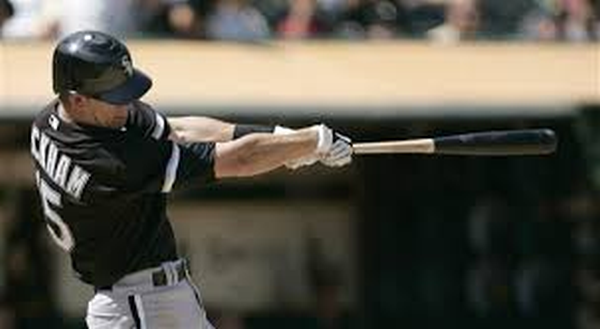
I hope you are enjoying the 45 prospects in 45 days series. Prospects are one thing that separates baseball from all of the other major sports. Even if we include hockey, professional baseball has the most intricate farm system in all of the major sports. Prospects represent hope and if March is about anything it is about hope. Spring Training last longer than the exhibition seasons in all of the major sports and it is arguably the most entertaining. Why? The answer is simple: prospects.
Back in 2009, if TheFantasyFix had been around, Gordon Beckham would have been one of the prospects featured in March. Beckham was a top ten pick the year before by the Chicago White Sox and personified hope for White Sox fans. Much like the Houston Astros, the period after their World Series appearance in 2005 could charitably be called lacking. Much like the Astros, their farm system was also lacking.
In 2009, he was considered a good all-around prospect after a dominating career at the University of Georgia and in the Cape Cod League. He was projected to hit for good power (20 to 25 home runs), but even then they noted that he would struggle with plate discipline. That being said, a middle infielder that can produce that kind of power is extremely valuable. Unfortunately, those numbers never came. He seemed to get off toa good start in 2009, he produced 14 homers with a .270 average. The future seemed bright. Unfortunately, he hasn’t gotten there since.
|
AVG |
HR |
R |
RBI |
SB |
|
| 2009 |
.270 |
14 |
58 |
63 |
7 |
| 2010 |
.252 |
9 |
58 |
49 |
4 |
| 2011 |
.230 |
10 |
60 |
44 |
5 |
| 2012 |
.234 |
16 |
62 |
60 |
5 |
| 2013 |
.267 |
5 |
46 |
24 |
5 |
These numbers alone tell quite a story. The story they tell is the same story as numerous other players in big league history. Players get drafted high and they come with high expectations. What we need to consider is that most big league teams have four full season farm teams and a few half season leagues on top of that. We are talking about over 200 regular second basemen in the game. Being at the bottom of the big league second base universe still means you are better than nearly 80 percent of the second basemen in the game.
Sometimes it is hard to remember this fact when being disappointed in one of your guys. This is particularly true when you draft a guy as high as Beckham. Beckham was an elite college second baseman and an elite minor league second baseman. That doesn’t mean he was destined to be an elite big league second baseman. Still, can we find any reason for optimism when looking at his other numbers?
|
SO% |
BB% |
Oswing |
Contact |
BABIP |
|
| 2009 |
15.1 |
9.5 |
24.7 |
80.1 |
.290 |
| 2010 |
18.5 |
7.4 |
32.1 |
80.6 |
.297 |
| 2011 |
19.9 |
6.3 |
37.0 |
79.1 |
.276 |
| 2012 |
15.3 |
6.9 |
33.5 |
82.5 |
.254 |
| 2013 |
13.7 |
6.9 |
32.4 |
85.3 |
.299 |
What we are seeing is actually fairly normal. Beckham has improved in some respects. He doesn’t strike out as often as he used to, and he makes more contact than he used to as well. Those are good signs for someone trying to find his way in the game. On the flip side, after a solid first season (where he walked over nine percent of the time and swung at fewer than 25 percent of pitches outside the zone) he has settled into the profile of a free swinger. Funny, that is exactly what his scouting report said coming into the 2009 season.
If there is a lesson here, it is that players rarely every change their stripes. Once a free swinger always a free swinger. The problem is that the power simply hasn’t joined him. You could handle a little free swinging if it led to positive results. The problem is that it isn’t doing it often enough in Beckham’s case.
|
LD% |
GB% |
FB% |
HR/FB |
ISO |
|
| 2009 |
16.6 |
40.4 |
43.0 |
10.4 |
.190 |
| 2010 |
17.4 |
45.6 |
37.0 |
6.9 |
.126 |
| 2011 |
20.3 |
39.5 |
40.3 |
7.1 |
.106 |
| 2012 |
19.5 |
38.2 |
42.3 |
5.4 |
.137 |
| 2013 |
23.2 |
35.4 |
41.4 |
4.4 |
.105 |
All indications are that things will never be like they were back in 2009. Back then, Beckham was producing good power numbers to go along with his relative selectivity. Since, he has been free swinging and not doing so with much punch. The scouting report would seem to be unchanged since 2009. If you can get Beckham to fish then you can get him out. Big league pitchers have better command than minor pitchers or college pitchers. They don’t make as many mistakes and they are better at exploiting weaknesses.
The simple fact is that after five years, Gordon Beckham is what he is. He is a solid fielding second baseman that is capable of capitalizing on mistakes at the plate, but overall he is an ineffectual offensive player at the highest level. You could call him a bust if you want, but some players’ highest level of competence is not at the big league level. It’s nothing to be ashamed of really. After all, there are over 200 players at the same position that wish they could get there.


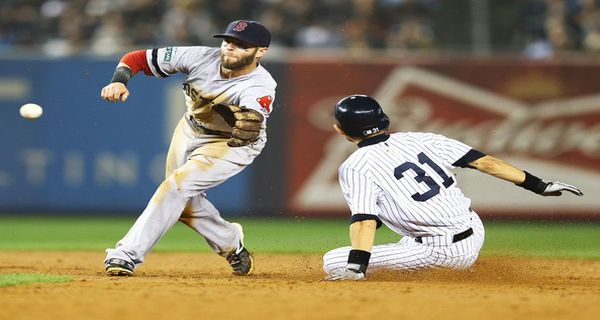
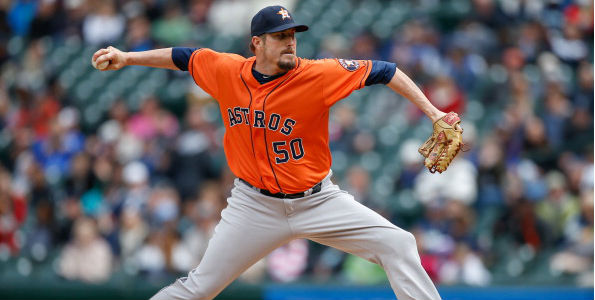
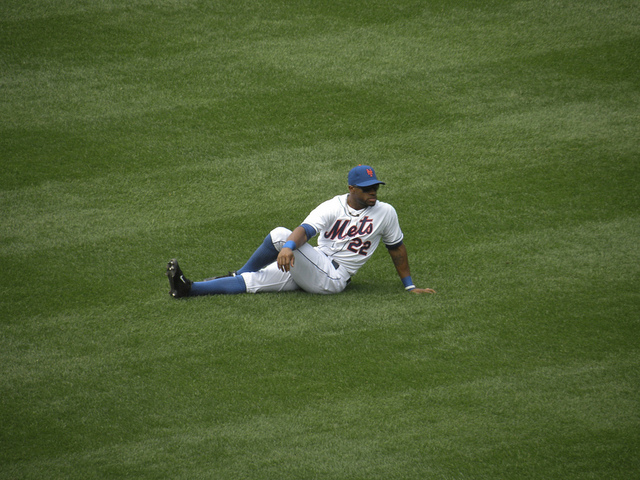
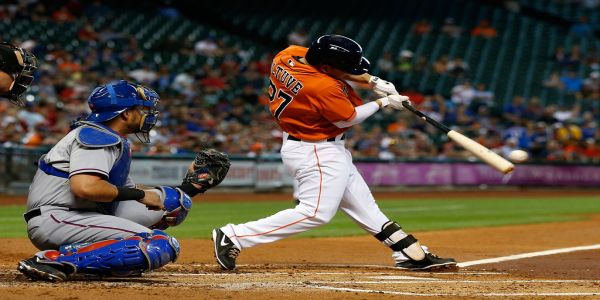
1 Comment
Greg Walker is what happened to Gordo.